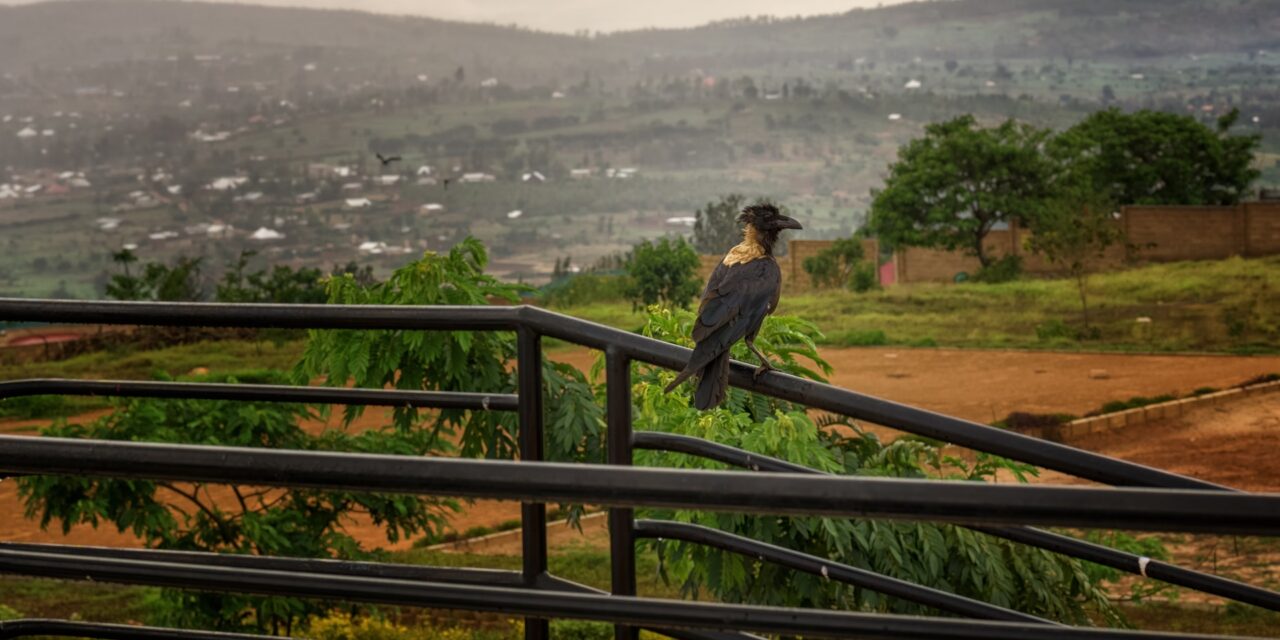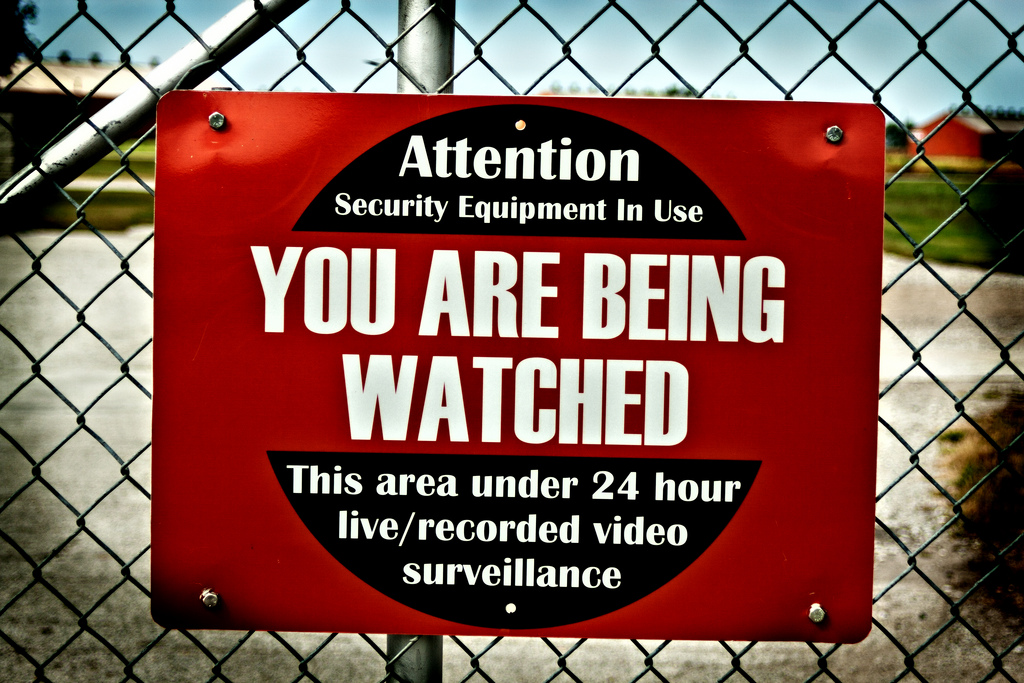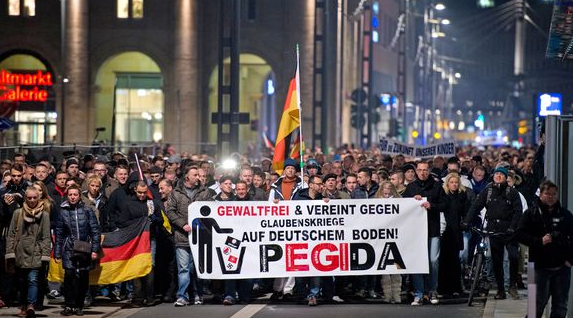April 7 is of great significance when it comes to recent history of the Republic of Rwanda[1]. This state in question is known to have gone through a lengthy period of a tragedy, specifically – of mass murder of people. Thus, to be more exact, this event is marked in history as the Rwandan Genocide and it shall be referred as such in this following article. Based on reports, it seems that most of the victims of this massacre belong mainly to two ethnic groups – the Hutus, a majority group, and the Tutsis, a minority. Furthermore, it includes an overview of the history of the Rwandan Genocide and how nationals, as well as other states, recognize this date nowadays. Lastly, this article ends with a brief conclusion/recap on the historical event at issue.
The Rwandan Genocide of 1994 is, undoubtedly, a tragic event: 100 long days, between April and June of that year, through which the lives of about 800,000 Rwandans were mercilessly taken away. Historical reports show that the genocide first began on April 6 1994, when a plane was shot down over the capital city of Rwanda, and the result of this act left no survivors. Just an hour later, the Rwandan armed forces and a few of the Rwandan militia groups (e. g. the Interahamwe and Impuzamugambi) slaughtered numerous people of the Tutsi minority group. Furthermore, some of the first victims of this genocide are public figures, such as Agathe Uwilingiyimana and 10 peacekeepers of Belgian nationality, just the day after[2]. From a personal perspective, it is quite dreadful to read about how rapidly these mass killings had spread across the state of Rwanda. Furthermore, there is also the fact that even officials representing the Tutsi minority group were removed from their positions, and some were even murdered. It is also reported that Rwandan nationals outside of the two groups in question were, so to say, encouraged to murder their own neighbors and specifically those belonging to the Tutsis. After those months of brutality, millions of people from these groups at issue fled to the Democratic Republic of Congo (then-known as Zaire), seeking asylum, where other issues arose.
As a response to the event, the United Nations Security Council took initiative in establishing he International Criminal Tribunal for Rwanda. Estimations show that the trials resulted in the indictment of 93 people, conviction and sentencing of 61 more, and the acquittal of 14[3].
Additionally, more and more international organizations have become alert of this date and have shown great solidarity. Such example is Amnesty International, an NGO which provides the audience with up-to-date information on this matter and encourage those with interest to take action against related issues happening nowadays.[4]
To sum up, the article established that April 7 is, indeed, of great significance when it comes to the recent history of the Republic of Rwanda. Based on reports, it seems that the victims of this massacre belonged mainly to two ethnic groups – mostly the Tutsis and Hutus (even though the victims of the former group significantly outnumber the latter). Based on historical reports, we saw that the genocide first began on April 6, 1994, when a plane was shot down over the capital city of Rwanda, and the result of this act left no survivors. Furthermore, it is also reported that Rwandan nationals outside of the two groups discussed so far were encouraged to commit such crimes towards Tutsis. Now, how is this part of Rwandan history remembered today? As a response to the event, the United Nations Security Council took initiative in establishing the International Criminal Tribunal for Rwanda. However, that is not all. There are certainly alternatives to support the families of those who underwent these brutalities. One instance is a platform called Humanity & Inclusion, which deals with such matters. On this platform, people are encouraged to make donations for the support of women who were widowed as a result of the genocide (see https://www.hi-us.org/rwanda_support_for_genocide_widows). All things said, it should be now far easier for the audience to understand why talking about ethnicity is labeled as illegal in Rwanda. After all, this is a rather recent event, and still a highly sensitive issue for many.[5]
[1] World Without Genocide, ‘Rwandan Genocide’< http://worldwithoutgenocide.org/genocides-and-conflicts/rwandan-genocide > Accessed April 11, 2021
[2]History, ‘Rwandan Genocide’< https://www.history.com/topics/africa/rwandan-genocide > Accessed April 11, 2021
[3]Human Rights Watch, Rwanda: 25 years On, Solidarity with Victims < https://www.hrw.org/news/2019/04/04/rwanda-25-years-solidarity-victims > Accessed April 11, 2021
[4] Amnesty International petition < https://www.amnesty.org/en/get-involved/take-action/investigate-the-killings-of-congolese-refugees-in-rwanda/ > Accessed April 11, 2021
[5]BBC, Rwanda genocide: 100 days of slaughter, < https://www.bbc.com/news/world-africa-26875506 > accessed April 11, 2021







